May 2021: The Month in Review

After a strong start to the second quarter, this May carried on the field’s momentum to the start of summer. Cellular agriculture is the field of producing animal products, like meat, dairy, and collagen, directly from cell cultures instead of raising animals. Compared to conventional livestock agriculture, cellular agriculture offers a more sustainable way to produce animal products to meet the growing global demand without requiring animals.
From the largest funding round of the year to a new product launch and company revamp, we take a look at what happened this May in cellular agriculture.
Investments
Eat Just’s Good Meat
Alternative protein company Eat Just announced its cultured meat division, Good Meat, has spun off to become a subsidiary of the company. Good Meat raised a massive $170 million in funding to produce cell-based chicken meat.
One of the largest funding rounds to date for a cell-based meat company, this is the first time Eat Just disclosed financing dedicated to its cell-based meat division (and now subsidiary). Good Meat’s funding round included investments from UBS O’Connor, a hedge fund manager within UBS Asset Management, Graphene Ventures, and K3 Ventures.
 Good Meat's cell-based chicken nuggets
Good Meat's cell-based chicken nuggets
Along with the funding announcement, Good Meat shared that Cantonese restaurant Madame Fan in the JW Marriott Singapore South Beach will become the first restaurant in the world to replace conventional meat with cultured meat during set times. According to the press release, Good Meat’s cultured chicken will replace conventional chicken for delivery on Thursdays, beginning May 20th, and for once-a-week dine-in starting soon.
In a recent consumer preference survey commissioned by Eat Just, the company found that 67% of consumers in Singapore were open to substituting conventional meat with cultured meat. In addition, after surveying 103 restaurant operators in Singapore, more than 80% said they envisioned cultured meat replacing conventional meat on their menus in the next 10 years. For now, Madame Fan is the first one.
Moving forward, Good Meat plans to use the funding round to accelerate its research and development and increase capacity of its cultured meat production. Since receiving regulatory approval, Good Meat has focused on expanding its manufacturing infrastructure in Singapore and preparing for market entry in the US through multi-million dollar investments in facilities in the US.
Interestingly, Good Meat hinted that the company plans to explore both collaboration and acquisition opportunities within the cell-based meat field. This is the first time the company indicated an interest to look into acquisitions in the field. In 2020, MeaTech 3D became the first cell-based meat player to acquire another company in the field.
Because Animals
Pet food startup Because Animals shared the company closed its seed staging financing to raise a total of $6.7 million to date. The funding round was led by European packaged goods conglomerate Orkla ASA through its Alternative Proteins division. Other investors in the seed round include SOSV, Draper Associates, and Keen Growth Capital.

Considering that American pets consume enough meat to be the fifth most meat-consuming nation in the world, Because Animals aims to use cellular agriculture to produce cell-based meat for pet foods to make it more sustainable.
Because Animals plans to use the funding to scale production of its first commercial cultured meat pet food for cats. In 2019, Because Animals grew a cultured mouse meat treat prototype for cats. Following its cat food, Because Animals aims to develop a nutrition-based plant and cultured meat dog foods.
Geltor Partners with Orora to launch new skincare products
Cosmetic company Orora announced the company will launch two new skincare products formulated with Geltor’s cell-cultured HumaColl 21 ingredient. This will be the first time Geltor’s collagen products will be available to US consumers in the beauty and cosmetic space.
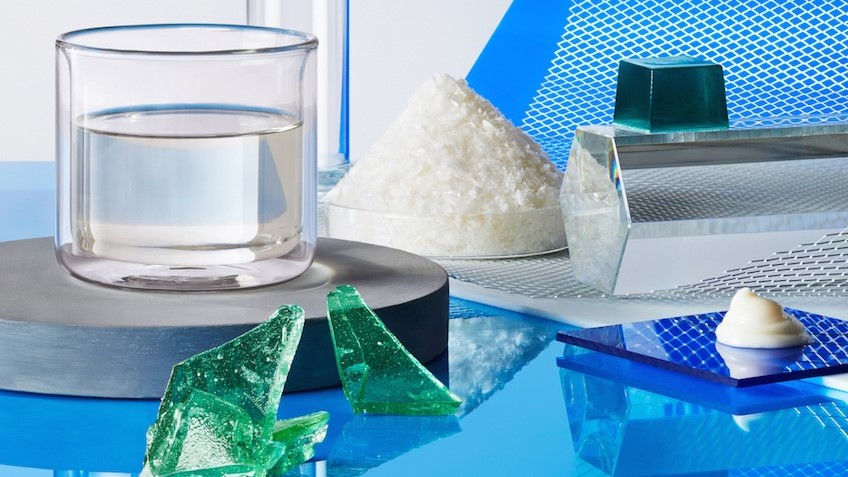
Launched in March 2019, HumaColl21 is the first ever human collagen created for cosmetic formulations. Geltor’s HumaColl21 is currently used by Kolmar Korea, a leading personal care manufacturer in Asia, in AHC’s anti-aging face cream “Ageless Real Eye Cream for Face”. The retail price for Orora’s Bioactive collagen serum with HumaColl21 will retail for $84 for a 1 oz tube. Other Geltor cosmetic product lines include Collume and Elastapure.
Memphis Meats Rebrands to Upside Foods
Memphis Meats announced the cell-based meat company is rebranding to UPSIDE Foods. Founded in 2015, Upside Foods is the first startup to use cellular agriculture to produce cell-based meat.
According to co-founder and CEO Uma Valeti, the company was looking for a new way to express its mission of developing a sustainable future food system. In a recent blog post, Valeti wrote that “We wanted a name that captures the optimism and the tremendous potential to transform our food system and our favorite foods for the better.”
 Upside Foods' cell-based meatballs
Upside Foods' cell-based meatballs
Along with rebranding, Upside Foods shared that the company had broken ground to construct a pilot plant in the San Francisco Bay Area. According to the company, the pilot plant will produce, package, and ship cell-based meat at a larger scale than any other company in the industry, all under one roof.
In addition, Upside Foods shared that John Mackey, the CEO of Whole Foods, invested in the cell-based meat company. In January 2020, Upside Foods raised an enormous $161 million in Series B funding. The funding round was later expanded to $186 million, bringing the company’s total funding to more than $200 million.
Pending regulatory review, Upside Foods aims to launch its first product this year: a cell-based chicken. Branded as Upside Chicken, the company aims to launch its cell-based chicken in the United States first before exploring a global expansion. In December 2020, Eat Just brought the first cell-based meat product to market in Singapore.
Future Meat Technologies Further Reduces Cost of Cultured Chicken
Cell-based meat company Future Meat Technologies shared that the company further reduced the production cost of its cultured chicken breast to $4 per 110 grams. At a price point of less than $40 per kilogram, this is a big milestone for the field. In February, Future Meat shared that the company reduced the price of a quarter-pound of its cultured chicken meat to $7.50.
 Future Meat Technologies' cell-based chicken meat (bottom) compared to conventional chicken meat (top)
Future Meat Technologies' cell-based chicken meat (bottom) compared to conventional chicken meat (top)
Along with the announcement, Future Meat CEO Rom Kshuk shared that the company aims to further reduce production price to $2 within the next 12-18 months and hopes to launch its cell-based meat product in the US. While the company initially aims to launch a cost-competitive hybrid product with plant-based protein, the company plans to also develop a cost-effective 100% cell-based meat product.
New Survey Finds Young Consumers Support Cell-Based Meat
Earlier this month, a new consumer research survey displayed high levels of support for cell-based meat, particularly among young consumers in both the United States and the United Kingdom. Commissioned by cell-based meat company Aleph Farms, the survey interviewed more than 2,000 consumers in each country to inquire if they would be interested in consuming meat directly from cells.
Even though the majority of the surveyed consumers were not familiar with cell-based meat, the study showed that, on average, 40% of consumers said they were ‘very’ or ‘extremely likely’ to try cell-based meat after being informed about it and its benefits.
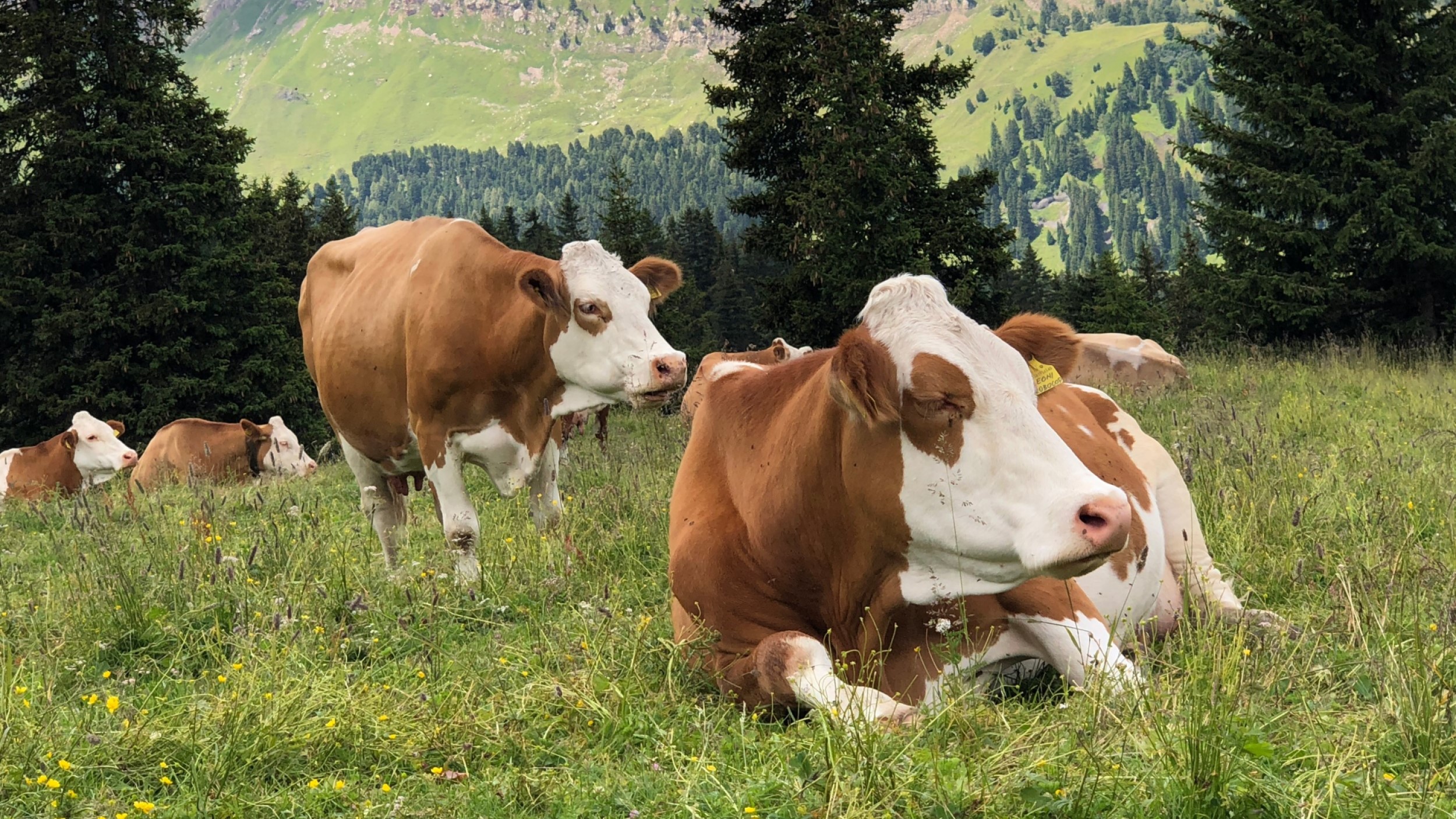
Breaking down age demographics, 49% of Gen Z adults and 45% of Millennials surveyed stated they are highly likely to try cell-based meat. In contrast, only 33% of Boomers surveyed were highly likely to try the product.
Interestingly, when it comes to terminology of meat grown directly from cell cultures, the study found consumers preferred terms like cultured meat and cultivated meat over cell-based meat and cell-cultured meat for use in a social context or packaging. At the same time, consumers acknowledged the preferred terms were comparatively less descriptive.
As more companies work to bring their own cell-based products to market, there will likely be more consumer surveys conducted to help understand consumer perception around the novel field and to inform potential consumers about it.
Ultimately, no matter how safe or sustainable cellular agriculture may be, or how many regulations are put to ensure the product’s safety, it will come down to the public and consumers to accept cellular agriculture. As with most novel technologies, time will tell to see how the public perceives and accepts this new category of sustainable goods.
Mosa Meat Further Reduces Medium Cost
Dutch cell-based meat company Mosa Meat announced the company reduced the cost of producing its cell culture medium for fat cells by 65 times since September 2019. The company also removed the need for fetal bovine serum (FBS) in the production process to make it completely animal-free. The cell culture media is the nutritious mixture that cells grow in, which includes the cell culture serum, that provides all of the nutrients and growth factors that cells may need to replicate or differentiate into another cell type.
A major component of meat, fat tissue is important to develop the taste and texture of conventional meat, and it is promising to see Mosa Meat reduce the cost of the media formulation to produce cell-cultured fat. In July 2020, Mosa Meat reduced the cost of its cell culture media formulation by 88 times since September 2019. Mosa Meat recently closed its Series B funding round after raising a total of $85 million.
SeaWith To use Seaweed platform to make Cell-Based Meat
What will the future of food look like in South Korea? Founded by Joonho Keum and Heejae Lee, SeaWith aims to produce cell-based steaks directly from cell cultures by using its unique seaweed-based cell culture media and scaffolding technologies. By using microalgae as a key component in the cell culture medium, SeaWith aims to address a major cost and scaling pain point for the cell-based meat sector. According to SeaWith, at current levels, a microalgae-based cell culture medium can replace more than 80% of FBS usage.
SeaWith previously raised ₩500 million (approx. US$450,000) from South Korean investors Bluepoint Partners and Enlight Ventures. SeaWith was also handpicked by the government-backed Tech Incubator Program for Startups. Currently in R&D, the company ambitiously aims to launch its first cell-based meat product to consumers by the end of 2022 in a pilot restaurant.
Future Fields launches EntoEngine platform
As cell-based meat companies look to scale production, one of the main challenges is reducing the cost of the cell culture media formulation. Based in Edmonton, Canada, Future Fields announced the launch of its EntoEngine platform to reduce the cost of producing cell-based meat . By growing growth factors and ingredients in drosophila, Future Fields believes it can reduce the cost of scaling by around 1,000 times using its patent pending process.
 The Future Fields co-founders (Left to Right): Lejjy Gafour, Matthew Anderson-Baron, Jalene Anderson-Baron
The Future Fields co-founders (Left to Right): Lejjy Gafour, Matthew Anderson-Baron, Jalene Anderson-Baron
Robert Downey Jr.’s FootPrint Coalition first announced Future Field’s platform in a blog post. In December 2020, the FootPrint Coalition previously made a donation to New Harvest’s cultured meat safety initiative: a collaboration of cell-based meat companies and safety experts to generate independent, credible data about the safety of cultured meat production.
Researchers Showcase First Cell-Based Meat Prototype in South Korea
Earlier this month, a group of scientists led by Professor Park Sungkwon at Sejong University in Seoul, South Korea, revealed the first ever cell-based pork meat prototype in the country. Having worked on the project since 2018, the project was supported by the South Korean Ministry of Trade, Industry, and Energy, and it was carried out in partnership with Seoul National University and Space F., a government-backed startup specializing in cellular agriculture food solutions. Along with the pork prototype, the team has also produced a cell-based beef prototype.
Brave Robot Ice Cream Adds Carbon Footprint on Label
Ice cream brand Brave Robot announced the company will become the first dairy ice cream in the US to publish its carbon footprint on its packaging. According to Brave Robot, which uses Perfect Day’s cell-cultured dairy proteins, its ice cream pint has a carbon footprint approximately 34% lower compared to traditional dairy ice creams. In February 2021, Brave Robot shared that, by Earth Day 2021 (April 22), the brand will be in 5,000 stores in the US.
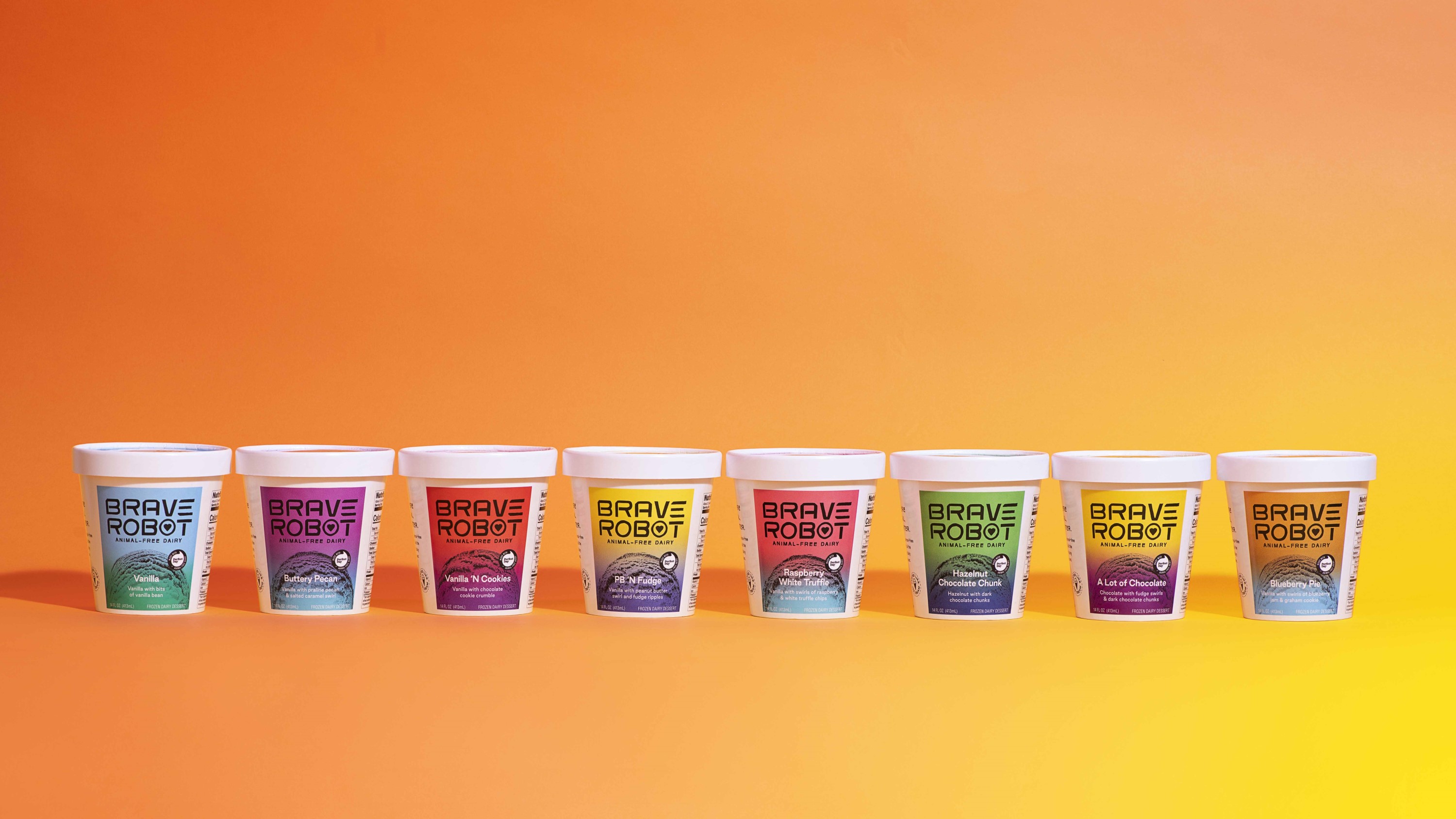
At the same time in April, Perfect Day published a life cycle assessment of its flora-based whey protein and announced the formation of a Sustainability & Health Advisory Council featuring a wide range of members, including actor Leonardo DiCaprio.
EU Parliament Rejects Further Plant-Based Dairy Label Restrictions
After initially voting to tighten rules for plant-based dairy products in October 2020, the European Parliament voted against Amendment 171. If passed, the amendment would have firmly limited how plant-based dairy products could be advertised or labelled, preventing them from using phrases like ‘milk-like’ or ‘cheese-style’.
While the regulation focused on plant-based dairy alternatives, it will be interesting to see what regulatory stances will mean for the future of cellular agriculture in Europe, particularly cellular agriculture dairy products. Netherlands has been a leader in the field of cell-cultured meats from its early days. If similar regulation passes in the future, only time will tell its impact on the emergence of cellular agriculture and plant-based startups in Europe.
Plant-based Milk Company Oatly Goes Public
Plant-based milk company Oatly went public on the stock market with a valuation of $10 billion and raised an enormous $1.4 billion. Similar to Beyond Meat’s IPO in May 2019, Oatly’s public offering is one of the first from the new wave of companies making alternatives to conventional animal dairy products. Considering that plant-based milks account for approximately 14% of retail milk sales in the US, the growth of oat milk’s popularity highlights consumer interest in a great tasting and more sustainable alternative to conventional animal milk.
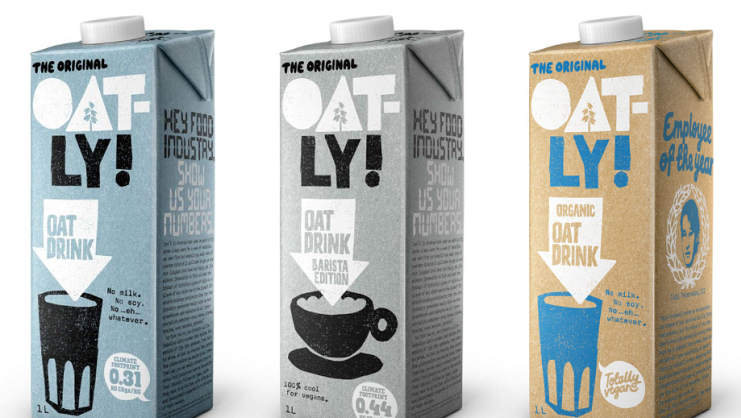
Motif FoodWork’s Parent Company Ginkgo Bioworks Goes Public
Synthetic biology company Ginkgo Bioworks announced that the company will make its public market debut by merging with a blank-check company in a deal that values the company at $15 billion. One of the largest SPAC mergers to date, the transaction is expected to close in the third quarter of 2021. Ginkgo Biowork spin-off Motif FoodWorks uses Ginkgo’s microbe platform to produce animal proteins to improve the flavor and texture of plant-based products. In 2019, Motif FoodWorks raised $117.5 million in Series A funding, the largest funding round to date for a food tech startup.
Conclusion
At the end of May, in a familiar story, an industry incumbent finally opened up to the idea of using the lab-grown or cultured version of its conventional product. After years of opposing the concept, diamond company Pandora announced the corporation will only sell lab-grown diamonds moving forward. Considering the challenges lab-grown (or cultured?) diamond producers initially faced in terms of acceptance and approval, there are many lessons and analogies the cellular agriculture field can learn from the diamond industry.
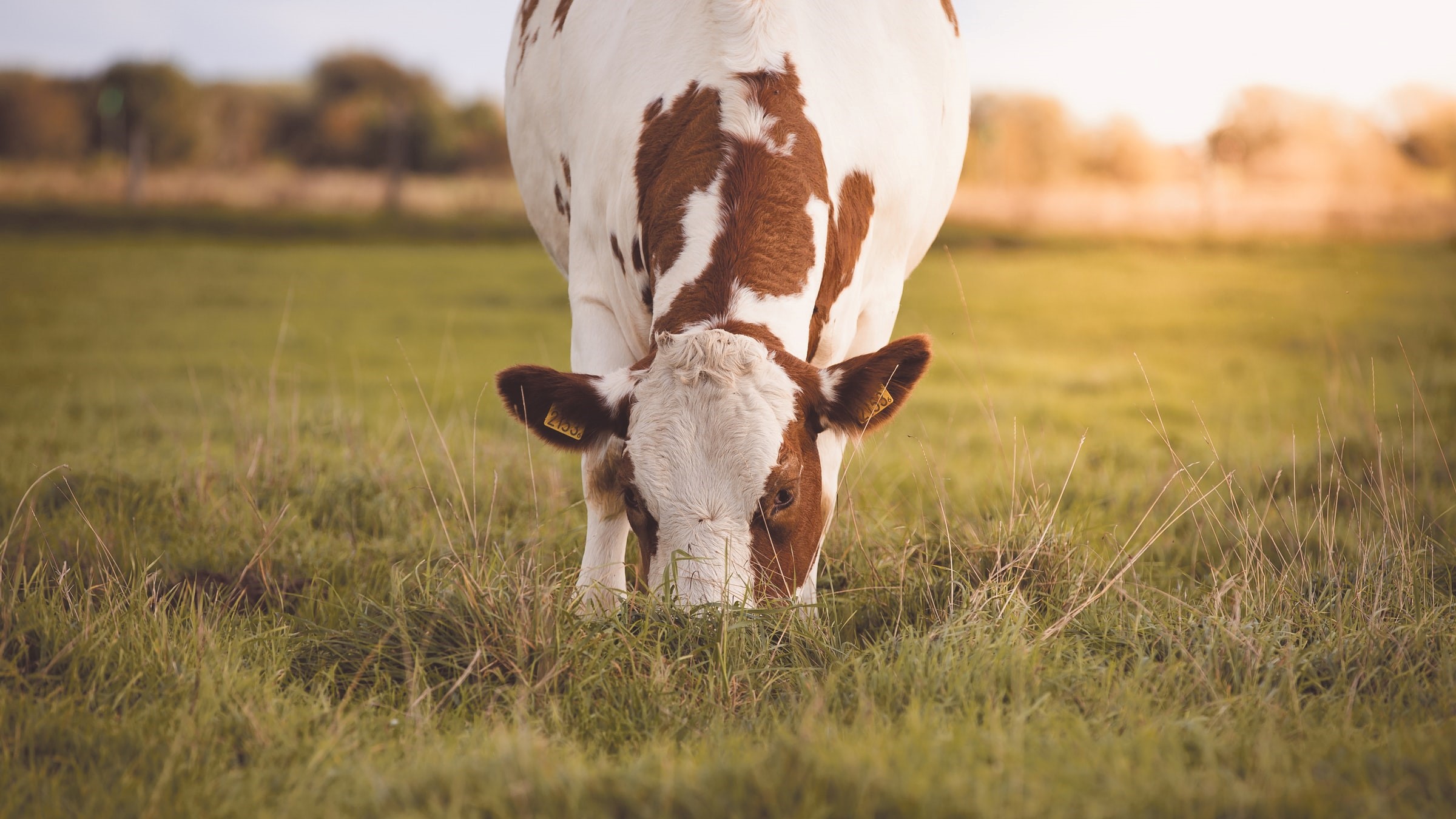
From a massive funding round to new product launches and company revamps, May marked a strong start to the summer for the cellular agriculture field. While there were fewer funding rounds in May 2021 compared to the past few months, Good Meat’s funding round total was greater than cellular agriculture funding rounds in March 2021 and April 2021 combined.
From Mosa Meat to Future Meat Technologies, it’s promising to see companies advance their technologies to further drive down production costs. Coupled with Future Field’s EntoEngine platform and SeaWith’s microalgae technology, we will likely see more startups enter the field to address scaling challenges. By addressing these challenges through their products and services, these new players are developing a whole ecosystem and value chain around the future of food with cellular agriculture.
Stay connected with CellAgri
Join our mailing list to receive the latest news and updates weekly from the cellular agriculture industry. Your information will not be shared.



